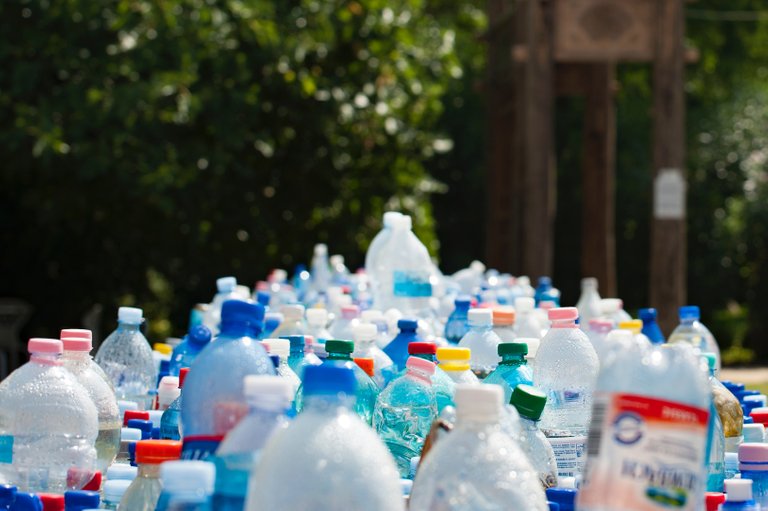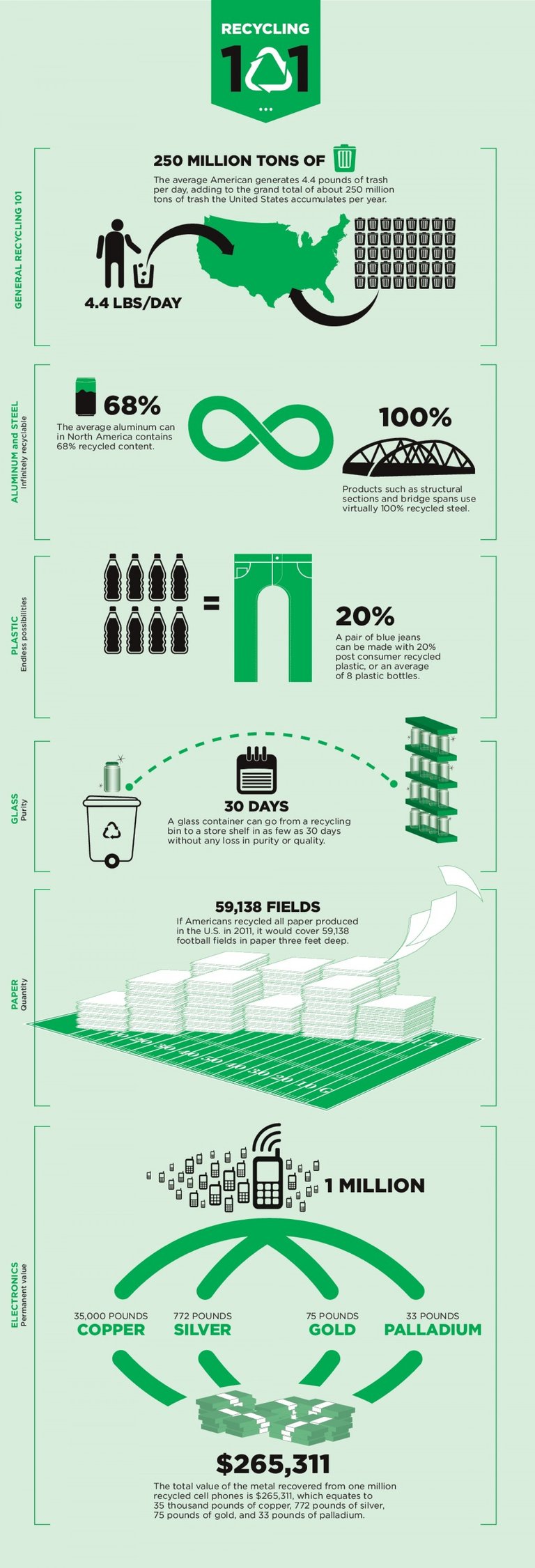Researchers in Japan have discovered a species of bacteria that has evolved to break down one of the world's most common plastics – polyethylene terephthalate, more commonly known as polyester.
The bacteria, named Ideonella sakaiensis 201-F6 likely gained an appetite for the plastic after the accumulation of garbage dumping in the area over the last 70 years. Further testing found that the bacteria was capable of breaking down low-grade plastics almost completely in as little as 6 weeks.
This discovery is a huge breakthrough in environmental science as 8 million tonnes of plastic end up in the world's oceans every year. 1/6th of this plastic is polyester. Although many countries have put in efforts to reduce plastic waste, only about half of the plastic used is collected for recycling, and even less than that is actually used.
Plastic buildup has been disastrous for marine life, with unprecedented levels of extinction over the last 100 years. The discovery of this bacteria has incredible implications for the cleanup of the oceans. Currently, scientists are looking into how this bacteria can be used on an industrial scale, and incorporated into future recycling.
Exciting as this is, we still need to work together to reduce our waste and keep up recycling.
It takes 95% less energy to make aluminum cans from recycled material than raw material. It takes 75% less energy to make plastic bottles from recycled material than raw material.
Recycling:
- saves our marine life
- burns fewer fossil fuels
- reduces greenhouse gases
- helps regulate global warming!


WOW!